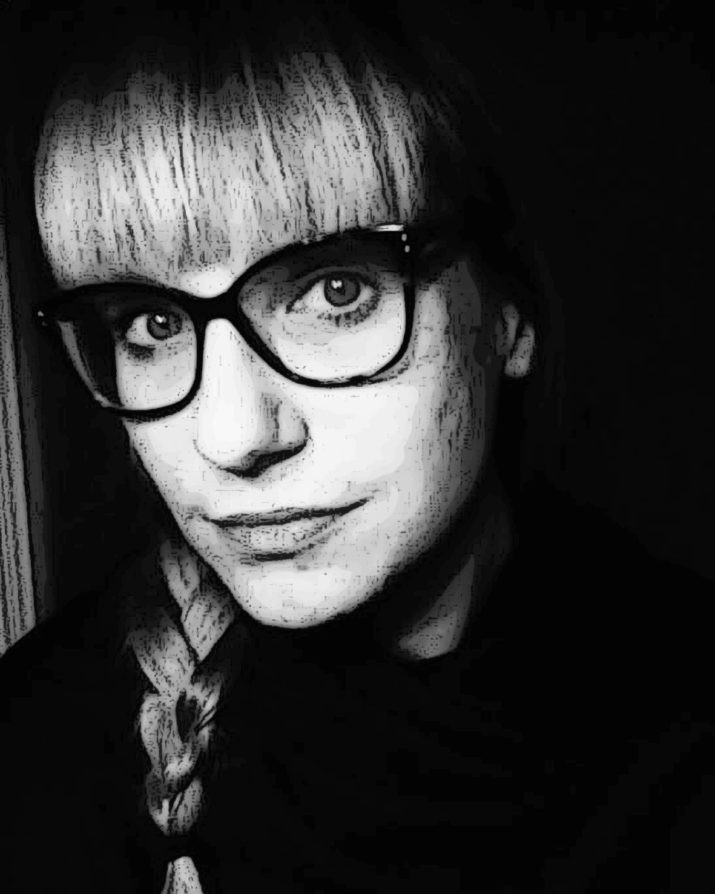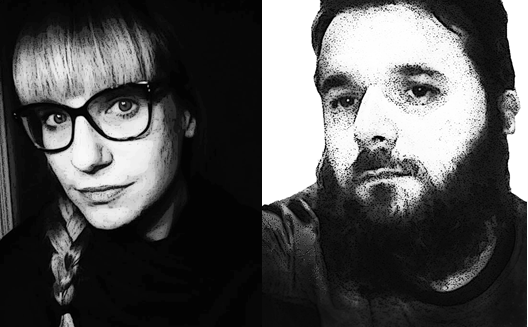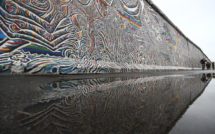

This is part of our feature on Poets and Power: Language of Resilience from Central and Eastern Europe
Translated from the Bosnian/Croatian/Serbian by Mirza Purić
Pi
I’ve got all the necessary qualifications to become stateless I’ve got
an expired passport of a state which no longer exists and a birth certificate
from a city in a country no one will recognise I’ve got
a winter jacket but I left it where I came from though
I need it right now for where I came from is on fire anyway
at all times I keep the sentence ‘registered at the welfare centre’ at the ready when the lady with the cold wave behind the counter
at the bus station asks me to pay for my monthly pass
I’ve got the yellow card the yellow is for refugees I’ve got
a number in my yellow card and a picture in which I’m smiling
that’s me now
a number
I’ve got parents in a city I won’t recognise when I
come back home someday – if –
who won’t recognise the child they left behind when they
see me again – if –
I’ve completed year eleven I’ve got a dream disorder I literally
have a vision of the future in which there’s a house with a cellar
going deep just in case I’ve got
the urge to tell the american president to piss
the fuck off I’ve failed
maths at half-term but I can calculate if
the change in my pocket will last till the next cheque I’ve got
UNHCR notebooks and pencils that say
‘aide humanitaire’ and the urge to write down every day
how many steps I made before I
learnt to walk again but instead
I write down information such as
pi is the sixteenth letter of the greek alphabet and is defined as the ratio
of a circle’s circumference and the diameter also known as the ludolphian number
its numerical value is approximated to sixty-four digits after the decimal
point which I’ll never remember as long as I keep wondering if
ludolph was so named because his parents knew in advance that life would
make him ludicrous.
Clay Pigeon
then again, I could’ve been born
a little gipsy.
I could’ve dreamed under the tent, danced by the fire till dawn,
walked barefoot on the snow,
donned a dunce hat for eight hours,
gazed through the window, day-dreamed of distances.
I could’ve gathered rain into a tin bucket
to water the green
to make for a softer bed.
I wouldn’t worry about the flat tyres on my bike
or whether there would be anything for dinner.
shoes two sizes too big
would fit perfectly fine.
I could’ve had a father and four mothers.
a mouse for a pet,
a yard dog for a flea.
it could’ve happened so,
the boys on the tram could’ve shouted:
oi, pikey, show us yer fanny!
a dentist could’ve been a far-fetched abstraction.
my hair could’ve been done by the wind,
my nails by the soil.
my toes could’ve sunk into the sitting room sand –
my carpet, exquisitely woven.
gadjo kids could’ve believed
I had fewer bones than they,
as they do.
all my brothers could’ve played football,
all men could’ve been brothers.
I could’ve had no faith, no god,
as I don’t.
and if I’d never been tossed up in the air,
divided up by cross-hairs,
made a target for crossed eyes and indifferent dogs,
beaten down into the greasy soil,
I would’ve known
I belonged somewhere.
Lidija Deduš was born in Banja Luka, Bosnia and Herzegovina. Her poetry was published in literary journals from all over the former Yugoslavia. She lives in Varaždin, Croatia, where she is working on her debut collection.
Mirza Purić translates literature from German, Bosnian/Croatian/Serbian, and plays angry minimalist music in Gudron. He serves as an editor-at-large with Asymptote and does a lot of pro bono work for writers and poets who operate outside of the mainstream. In 2015, a piece he translated was nominated for a Pushcart prize.
Photo: Lidija Deduš, Private
Photo: Mirza Purić, Private
Published on March 1, 2017.




